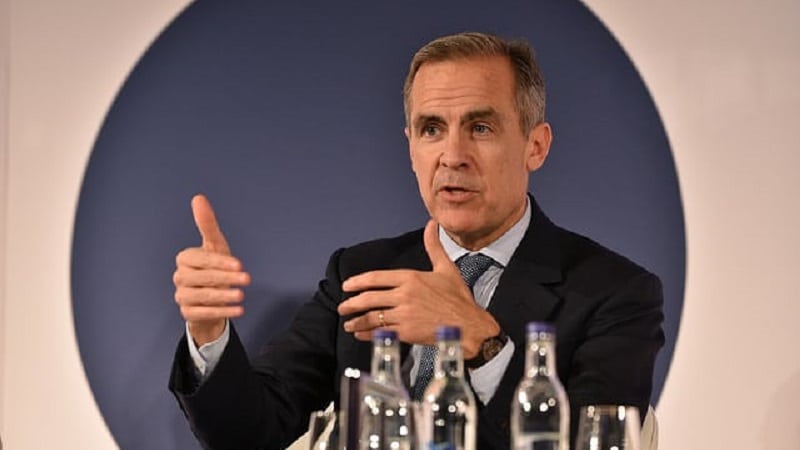Higher energy prices last month have led to a reversal of the downward inflation trend in the UK but this is unlikely to sway Britain’s central bank to adopt a more hawkish stance.
The Consumer Prices Index climbed to 2.1% in April up from 1.8% in March, exceeding the Bank of England’s 2% target for the first time this year. However, the rise still fell short of analyst expectations for a 2.2% jump in prices.
Data from the Office for National Statistics showed the upward swing in prices was chiefly driven by rising petrol costs following on from the energy regulator Ofgem’s decision to increase the cap on standard variable energy tariffs.
Transport was the second largest contributor to higher inflation, with the cost of air fares, fuels and new cars all going up over the month. Meanwhile prices for clothing and footwear remained stubbornly low, with prices falling by 1.8% in the year.
Brexit Sword of Damocles
Commentators downplayed the ONS report as “benign” and not sufficient enough to compel the Bank of England to raise rates.
“Brexit, rather than inflation, is at the moment the key driver of interest rates,” said Rupert Thompson, head of research at Kingswood. “And with the uncertainties on this front growing rather than falling and no early resolution in sight, rates look set to remain firmly on hold for the time being.”
Hargreaves Lansdown senior economist Ben Brettell said as long as there is an absence of domestic inflationary pressure and “Brexit hangs over the economy like the Sword of Damocles” Britain’s central bank does not have incentive to raise rates.
Ian Forrest, investment research analyst at The Share Centre, agreed: “It is unlikely that these numbers will alter the MPC’s thinking in relation to interest rates. Brexit remains the main factor influencing the committee and with the figure only just above the target level there is little need to move yet.”
Brettell said there is no guarantee inflation will stay at this level, noting that fuel and energy prices, the main drivers of rising prices this month, are “notoriously volatile” from month to month and led by factors beyond domestic monetary policy.
Core inflation, which strips out these volatile components, remained unchanged at 1.8%, he added.
“I’d expect the headline rate to fall back as we move through 2019.”
In this environment the outlook for sterling continues to look difficult to call, said Thomas Wells, manager of the Smith & Williamson Global Inflation-Linked Bond Fund.
“If Theresa May can get Westminster to back her deal, we would expect sterling to enjoy a relief rally from recent 5-month lows, which would mitigate some of the current inflation pressure. However, if there is no deal, we could easily be looking at the pound slumping to $1.10 versus the current level of $1.268 and that would push inflation even higher.”










